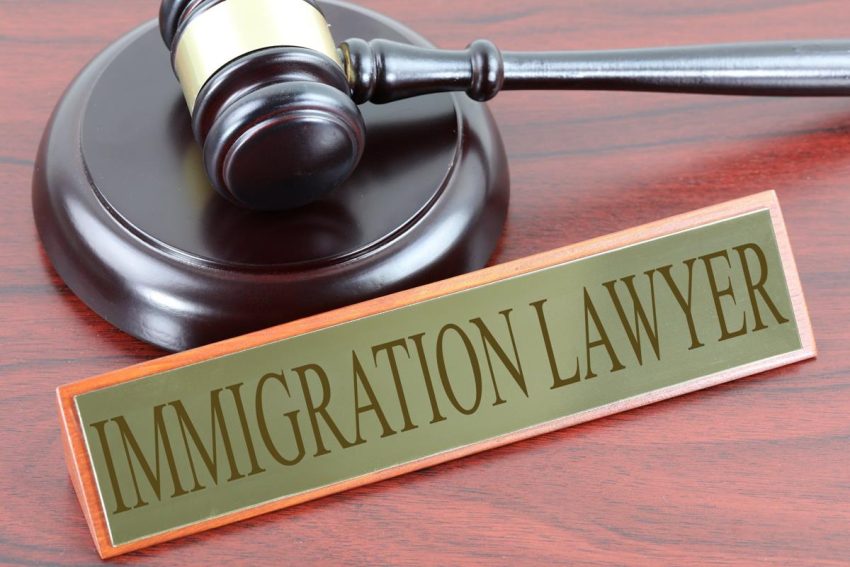Proving and defending oneself in court is an important and vital part of life. In fact, the United States Constitution requires that all citizens be afforded the right to trial by jury. The court system of the United States is the most complex and well-developed legal system in the world, and it has the resources to process every case filed in it.
While the legal system is a vital component of our society, it does not stop there. The entertainment industry is one of the most creative industries in the world, and it should not be held to a different standard than that of the legal system. If a Hollywood production is rife with problems, it is the duty of the public to help bring those problems to light and to protect the rights of everyone involved.
But it can be a daunting task to sue in a civil court over matters such as copyright infringement. To be successful in such a case, an individual must establish that they are the owner of the copyright and that the infringer violated copyright law. However, copyright law is not a simple area of the law, and it is often much more complicated than it appears.
In addition, it is not always an easy matter to determine whether a particular act is covered by copyright law. For instance, an individual might be able to sell a copyright-protected book and then later argue that they had sold the copyright in the book, thereby absolving them of any liability for the copyright infringement. In the entertainment industry, Canadian immigration lawyers in Edmonton, AB the issue of ownership of copyrights is even more complicated than in other areas of the law.
However, there are some basic principles of copyright law that can be applied to the entertainment industry. An individual can utilize these principles to establish that they are the owner of a copyright and that the infringer has violated copyright law.
Copyright law was established by the U.S. Congress in 1976 as a result of the Copyright Act of 1976. This act granted the federal government exclusive rights to produce and distribute copyrighted works. It also established the legal framework for copyright holders to protect their copyrights.

